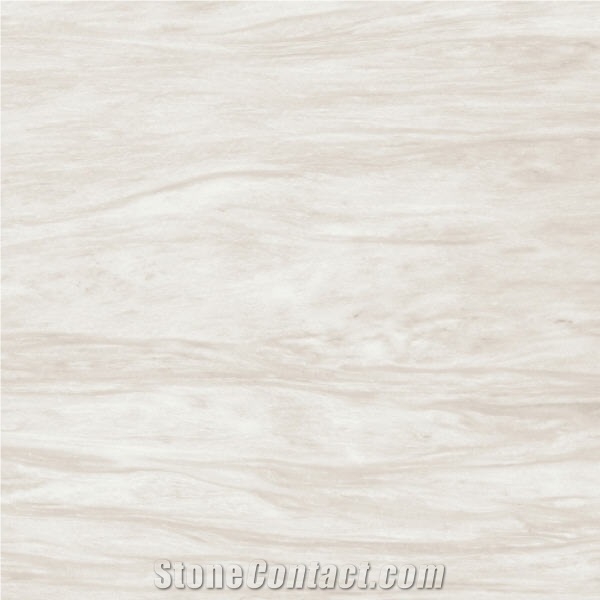Can Greece's Nessus Marble be used exterior applications in very rainy climates?
Greeces Nessus Marble is a type of marble that is known for its beautiful appearance and durability. However, it is still important to consider the specific characteristics of this marble before using it for exterior applications in very rainy climates.
Marble is generally porous and can be prone to water absorption, which can lead to damage such as staining or a weakening of the material over time. In very rainy climates, where there is a high amount of water exposure, using marble for exterior applications might present some challenges.
To overcome these challenges, proper sealing and maintenance of the marble are essential. Applying a high-quality sealant specifically designed for marble surfaces can help protect against water absorption and potential damage. Regular resealing may also be required, especially in areas with heavy rain.
Additionally, choosing the appropriate finish for the marble can also enhance its performance in rainy climates. A honed or textured finish, as opposed to a polished finish, can provide better slip resistance when wet and reduce the risk of accidents.
It is also worth considering the specific exposure conditions of the installation. For example, if the marble will be used in a covered outdoor area such as a porch or patio with limited direct exposure to rain, it may be more suitable for exterior use. On the other hand, if the marble will be exposed to heavy rain and direct water contact, it may be more prone to damage and require extra care and maintenance.
Overall, while Greeces Nessus Marble can be used for exterior applications in very rainy climates, it requires proper sealing, maintenance, and consideration of the specific exposure conditions to ensure its longevity and performance. Consulting with a professional stone supplier, contractor, or architect who is familiar with the particular marble and its performance in various conditions would be advisable when making a decision.
Greeces Nessus Marble is a type of marble that is known for its beautiful appearance and durability. However, it is still important to consider the specific characteristics of this marble before using it for exterior applications in very rainy climates.
Marble is generally porous and can be prone to water absorption, which can lead to damage such as staining or a weakening of the material over time. In very rainy climates, where there is a high amount of water exposure, using marble for exterior applications might present some challenges.
To overcome these challenges, proper sealing and maintenance of the marble are essential. Applying a high-quality sealant specifically designed for marble surfaces can help protect against water absorption and potential damage. Regular resealing may also be required, especially in areas with heavy rain.
Additionally, choosing the appropriate finish for the marble can also enhance its performance in rainy climates. A honed or textured finish, as opposed to a polished finish, can provide better slip resistance when wet and reduce the risk of accidents.
It is also worth considering the specific exposure conditions of the installation. For example, if the marble will be used in a covered outdoor area such as a porch or patio with limited direct exposure to rain, it may be more suitable for exterior use. On the other hand, if the marble will be exposed to heavy rain and direct water contact, it may be more prone to damage and require extra care and maintenance.
Overall, while Greeces Nessus Marble can be used for exterior applications in very rainy climates, it requires proper sealing, maintenance, and consideration of the specific exposure conditions to ensure its longevity and performance. Consulting with a professional stone supplier, contractor, or architect who is familiar with the particular marble and its performance in various conditions would be advisable when making a decision.
 Greece
(Drama)
Greece
(Drama)












 China
China
 Verified Supplier is for prove company authenticity,including business license,trade license and effective office space,to enhance buyers' trust to suppliers and their products, reducing communication costs.
Verified Supplier is for prove company authenticity,including business license,trade license and effective office space,to enhance buyers' trust to suppliers and their products, reducing communication costs.

 Greece
Greece
 Verified Supplier is for prove company authenticity,including business license,trade license and effective office space,to enhance buyers' trust to suppliers and their products, reducing communication costs.
Verified Supplier is for prove company authenticity,including business license,trade license and effective office space,to enhance buyers' trust to suppliers and their products, reducing communication costs.






